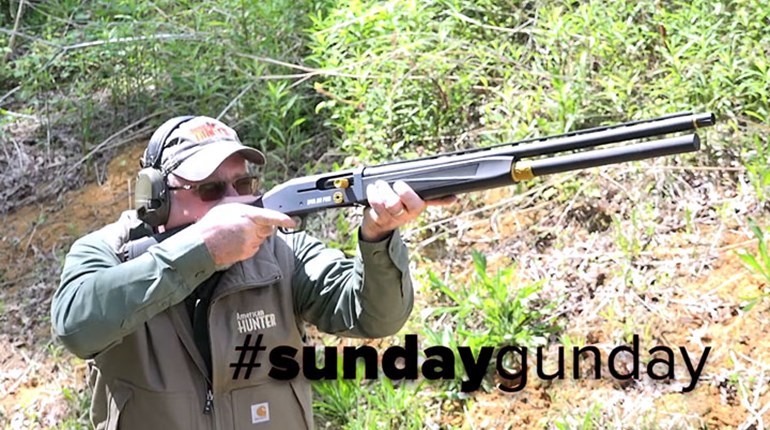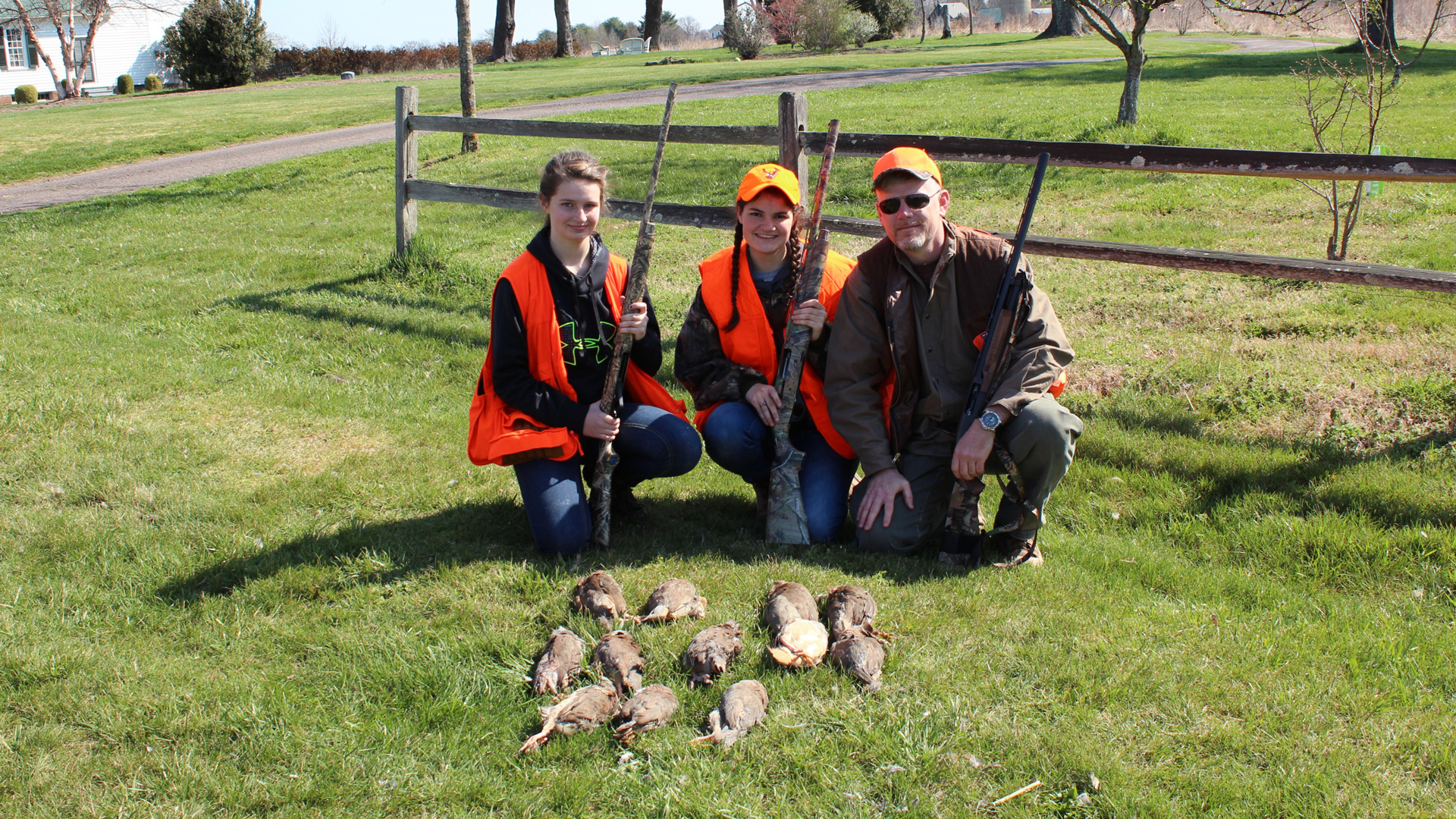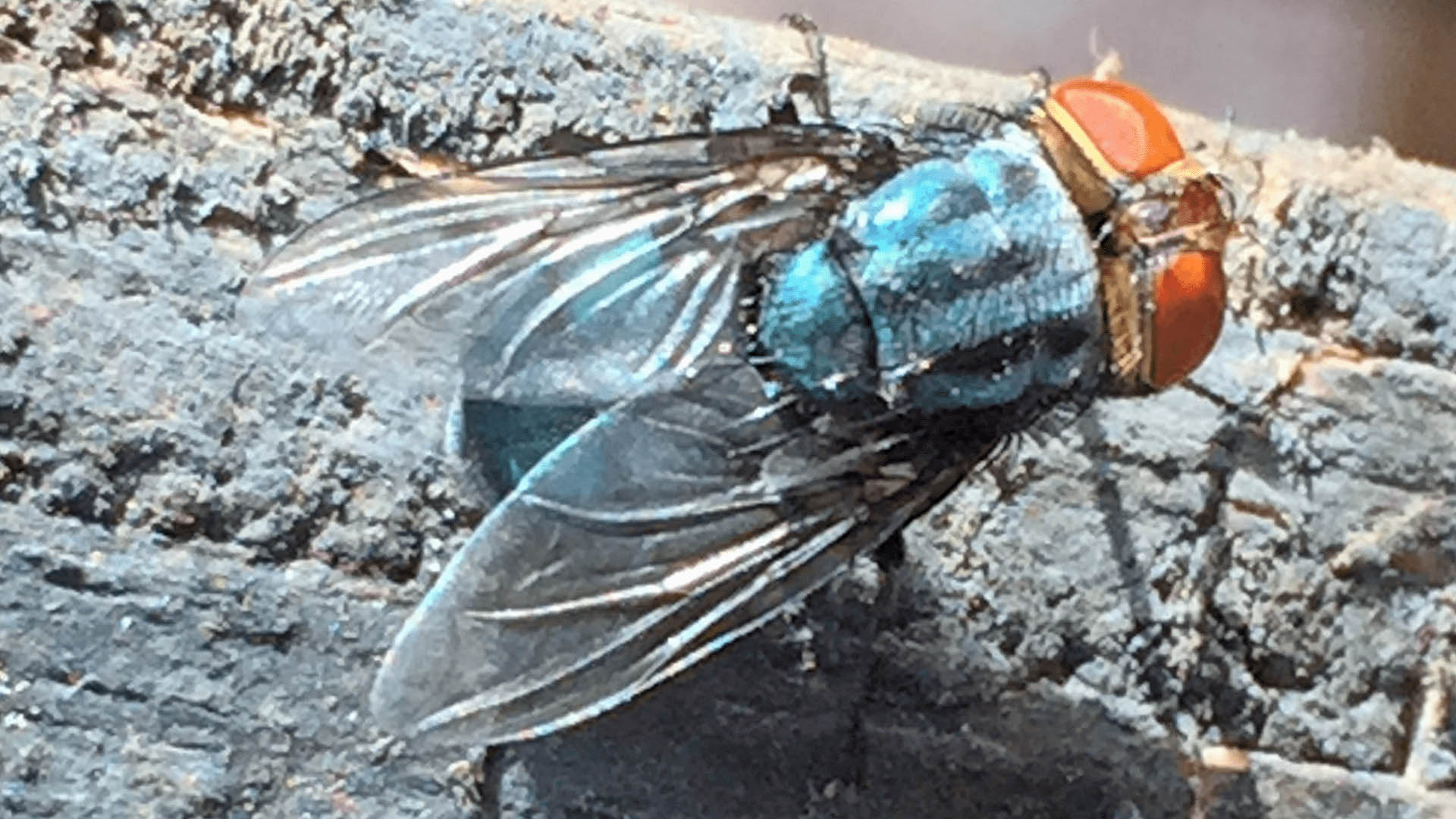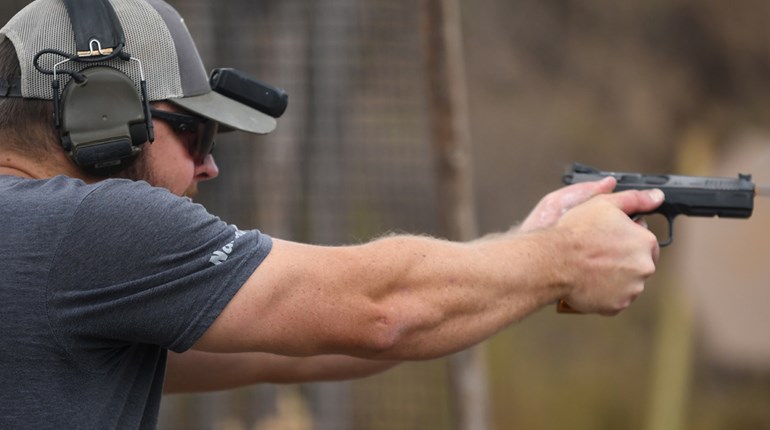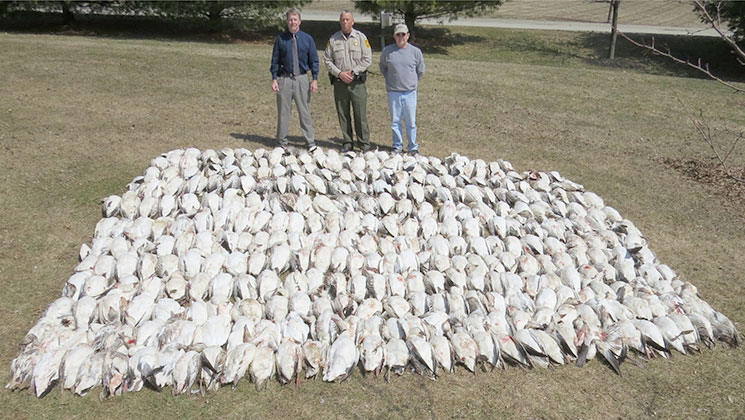
It's no secret that something has to be done to control the still-burgeoning light goose population. You'd be hard pressed to find a biologist or game warden that would refute that statement. But it's also imperative that we, as responsible hunters and conservationists, do so safely and, you know, legally. That particular point didn't hit home for five waterfowl hunters in Pennsylvania earlier this year, and now they're quite literally paying the price. The Pennsylvania Game Commission (PGC) announced today that five people charged with combining to kill 265 snow geese over the permitted limit all have pleaded guilty to charges and together will pay more than $55,000 in fines and replacement costs.
The five defendants were caught in the act on April 1, 2015, in Myerstown, Pa. Local Wildlife Conservation Officers received word that there'd been an awful lot of shooting going on in the area. Upon arrival, they found evidence that a "large number" of snow geese had been shot. The investigation ultimately concluded that the five defendants had killed a whopping 365 snow geese. Pennsylvania increases—but, unlike some states does not lift—light goose bag limits during the spring conservation order. Each properly licensed hunter is permitted 25 birds, making a number like 365 a whole new definition of "over the limit." If you're doing the math at home, yes, only 100 of the birds are being counted as legal. One of our five culprits didn't have a migratory bird license, so he wasn't permitted to harvest a single snow goose, let alone 25.
It's not hard to imagine how nearby townsfolk might have found the activity suspicious. Even if these guys are quietly the five finest wingshooters to walk this earth, the sheer shot count required to bring down 365 birds had leave the locals looking around for a Gettysburg reenactment.
Recognizing how busted they were, the five defendants have subsequently been pleading guilty without much of a fight. The fifth and final member of the group faced the music on Monday. The four properly licensed hunters were each hit with one count of a violation involving federal laws and 48 counts of unlawful taking and possession of snow geese. They'll all pay $10,040 in fines and replacement costs. The unlicensed hunter (or rather, poacher) took a heftier hit. He pleaded guilty to one count of hunting without a migratory bird license, one count of a violation involving federal laws and 73 counts of unlawful taking and possession of snow geese. His fines totaled $14,990.
Those charges including a processing fee, by the way, and rightfully so. The collected evidence would not go to waste. 288 pounds of goose meat were donated to the Central Pennsylvania Food Bank in Harrisburg.















